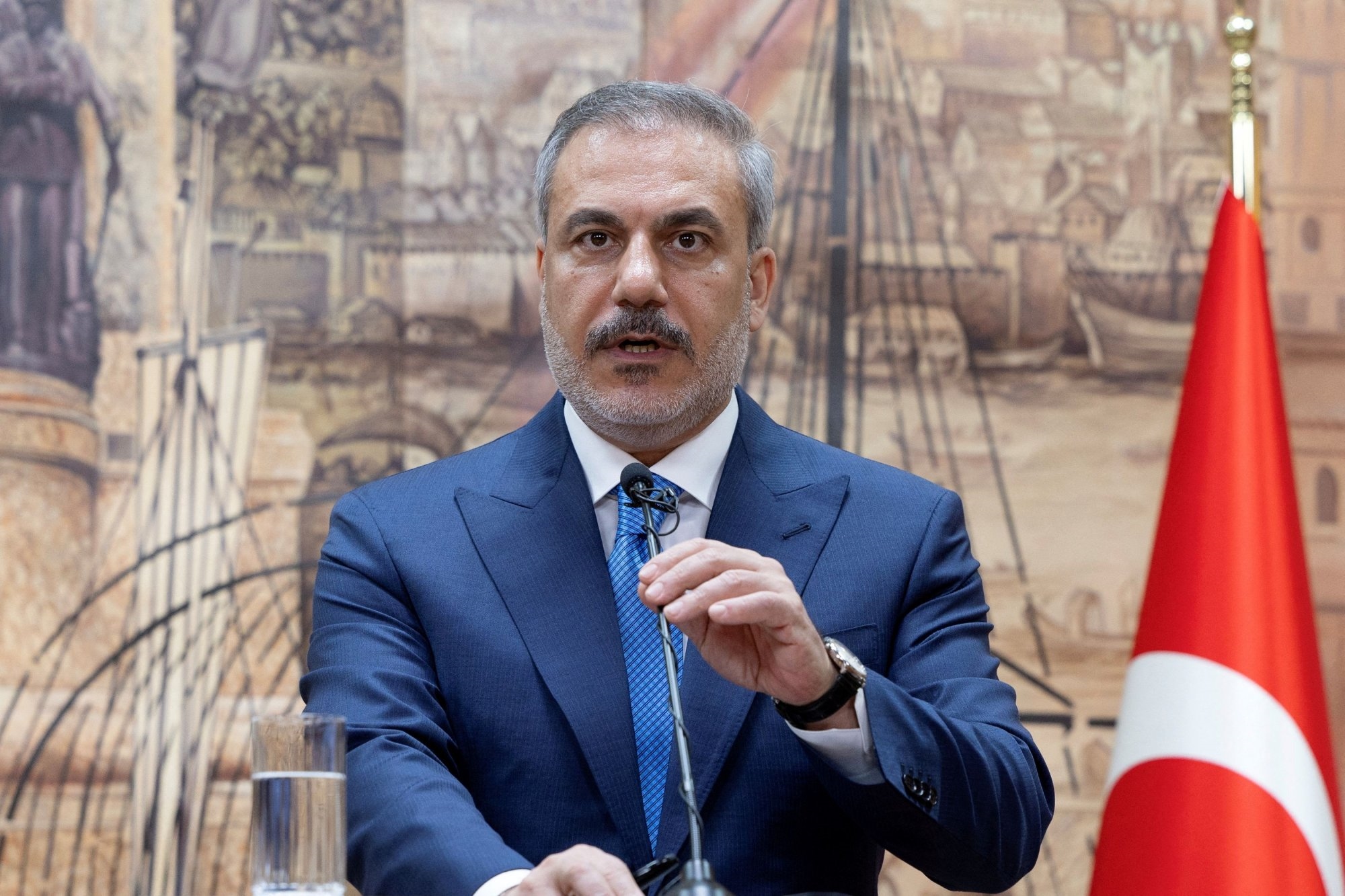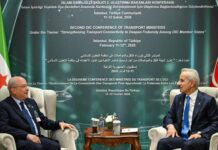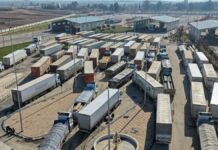
Turkish Foreign Minister (FM) Hakan Fidan has reaffirmed Turkey’s approach to Syria, emphasizing its commitment to combating terrorism, maintaining Syria’s territorial integrity, advancing the political process, and ensuring the safe return of Syrian refugees. His remarks come amid ongoing discussions about Turkey’s evolving relationship with Damascus, as well as the roles of regional and international actors such as the United States, Russia, and Iran.
Speaking to reporters on November 21, the FM expressed skepticism about the Assad regime’s willingness to engage constructively with revolutionary forces or address key issues in rapprochement talks. “Frankly, it seems that [Assad] is not prepared, or very open, to discussing some issues, especially at this stage,” he said. Hakan stressed that Turkey has set no preconditions for dialogue with Damascus, but solving the crisis necessitates practical steps, including cooperation between the regime and the revolution.
While reiterating Turkey’s position of not seeking regime change or territorial occupation, Fidan highlighted the importance of the Astana process, which Turkey co-chairs with Russia and Iran, in maintaining a ceasefire and reducing violence in Syria.
The Turkish FM underscored the nation’s unwavering stance against the Kurdistan Workers’ Party (PKK) and its Syrian affiliate, the People’s Protection Units (YPG), which Ankara classifies as terrorist organizations. He declared Turkey’s determination to thwart attempts by these groups to establish autonomous governance in northeastern Syria, particularly following terror attacks in Turkey launched from Syria by PKK operatives.
“The war against the separatist terrorist organization will continue without concessions,” the minister stated, emphasizing Turkey’s success in disrupting these efforts. Turkish President Recep Tayyip Erdogan echoed these sentiments, describing the northeastern region as “occupied” and stressing its strategic significance for both Turkey and Syria.
Turkey’s relations with the United States remain strained over Washington’s support for the YPG, a key component of the US-backed Syrian Democratic Forces (SDF). Fidan criticized the partnership as unsustainable, warning that it undermines Turkey’s strategic alliance with the US and exacerbates security concerns.
“Washington is well aware of Ankara’s seriousness regarding the presence of the terrorist organization YPG/PKK in Syria,” he said, adding that US support for these groups creates strategic challenges for Turkey.
He speculated on the implications of a potential second term for US President-elect Donald Trump, noting that Trump previously sought to withdraw American forces from Syria but was thwarted by internal opposition within the US government. He expressed hope that the US might reconsider its support for Kurdish groups in Syria under new leadership.
Fidan characterized Russia as maintaining a neutral stance on Turkish-Assad rapprochement but noted that Moscow has called for Turkish forces to withdraw from Syria, labeling Turkey as an “occupying state.” Meanwhile, Iran has advocated for resolving Turkish-Assad differences through peaceful means and has underscored the importance of respecting Syrian territorial integrity.
Despite these complexities, continued collaboration with Russia and Iran within the Astana framework was said to be necessary to stabilize the region and develop new mechanisms for a sustainable ceasefire.
Turkey remains committed to facilitating the safe and voluntary return of millions of Syrian refugees residing within its borders. Fidan emphasized that resolving the refugee crisis requires progress in the political process, including steps toward governance reform and broader stability in Syria.
Turkey’s policy on Syria reflects a delicate balancing act between addressing national security concerns and engaging diplomatically with regional and international stakeholders. As Ankara navigates its relationships with Damascus, Washington, Moscow, and Tehran, the future of Syria’s political and territorial integrity remains deeply intertwined with the broader geopolitical landscape of the Middle East.
“We continue to look for solutions,” the FM declared, “When diplomatic and constructive approaches do not yield a solution, we can then consider how to take further steps at the appropriate time.”








